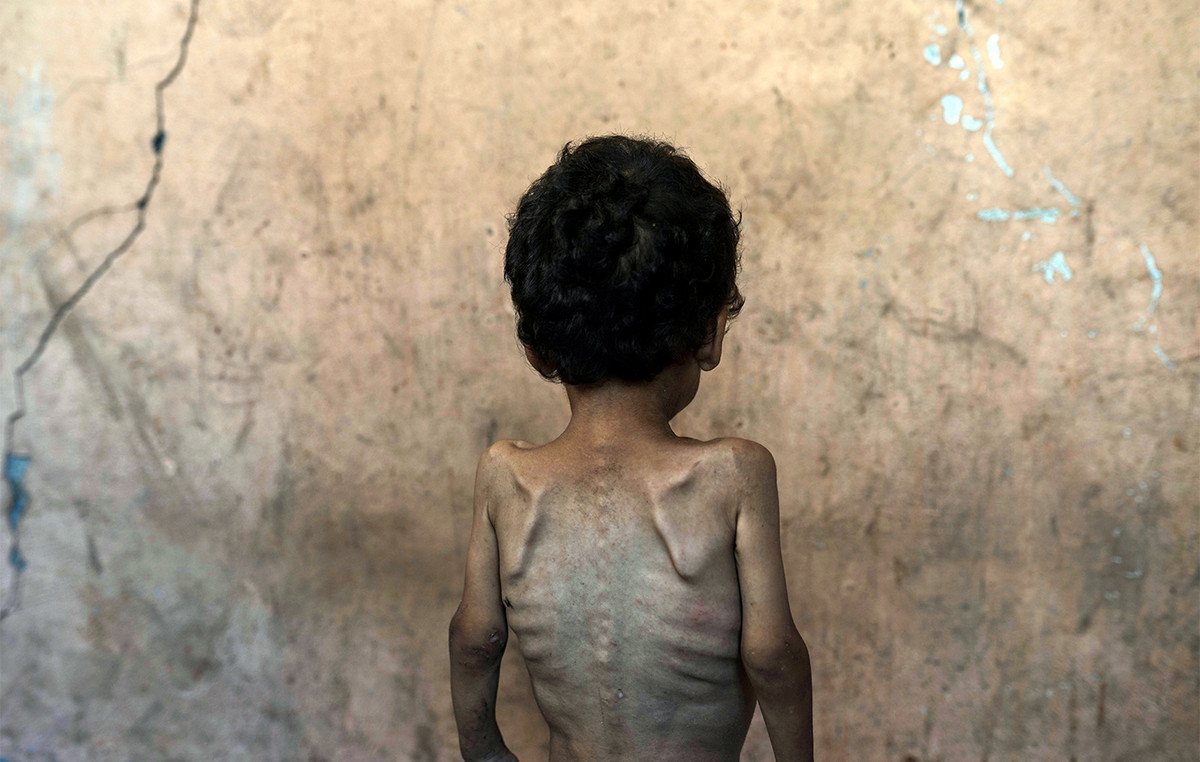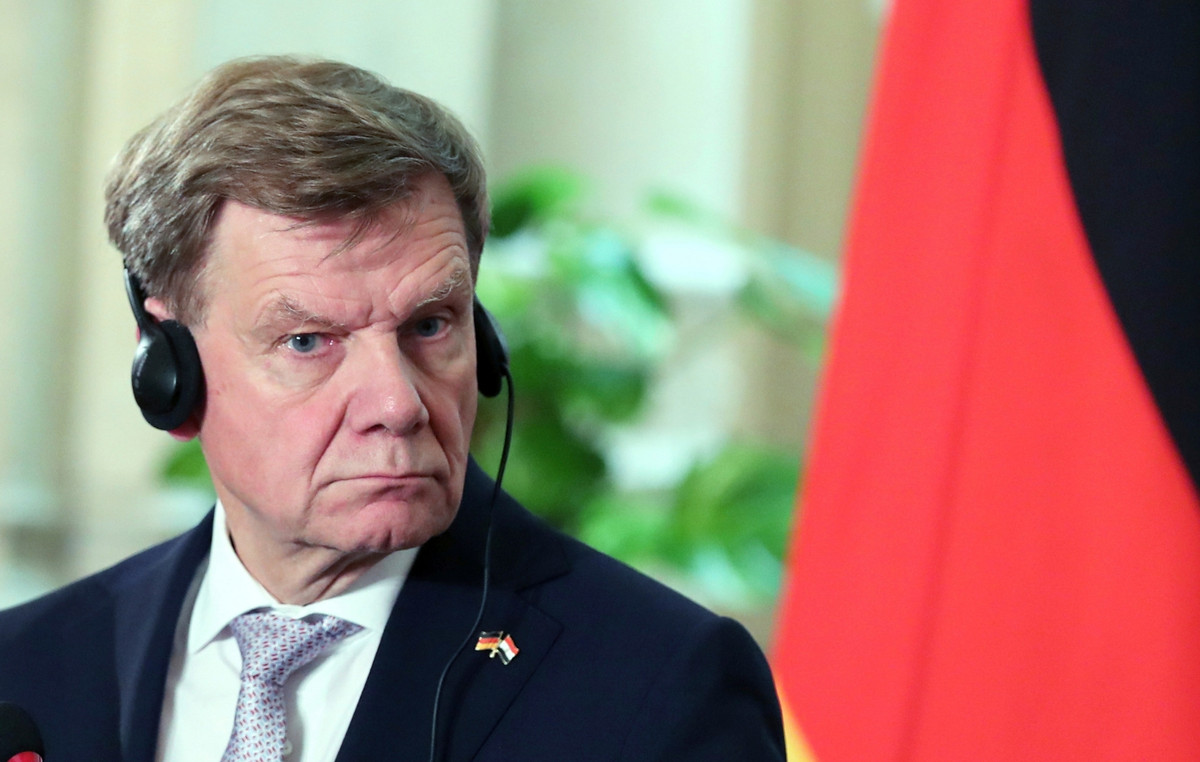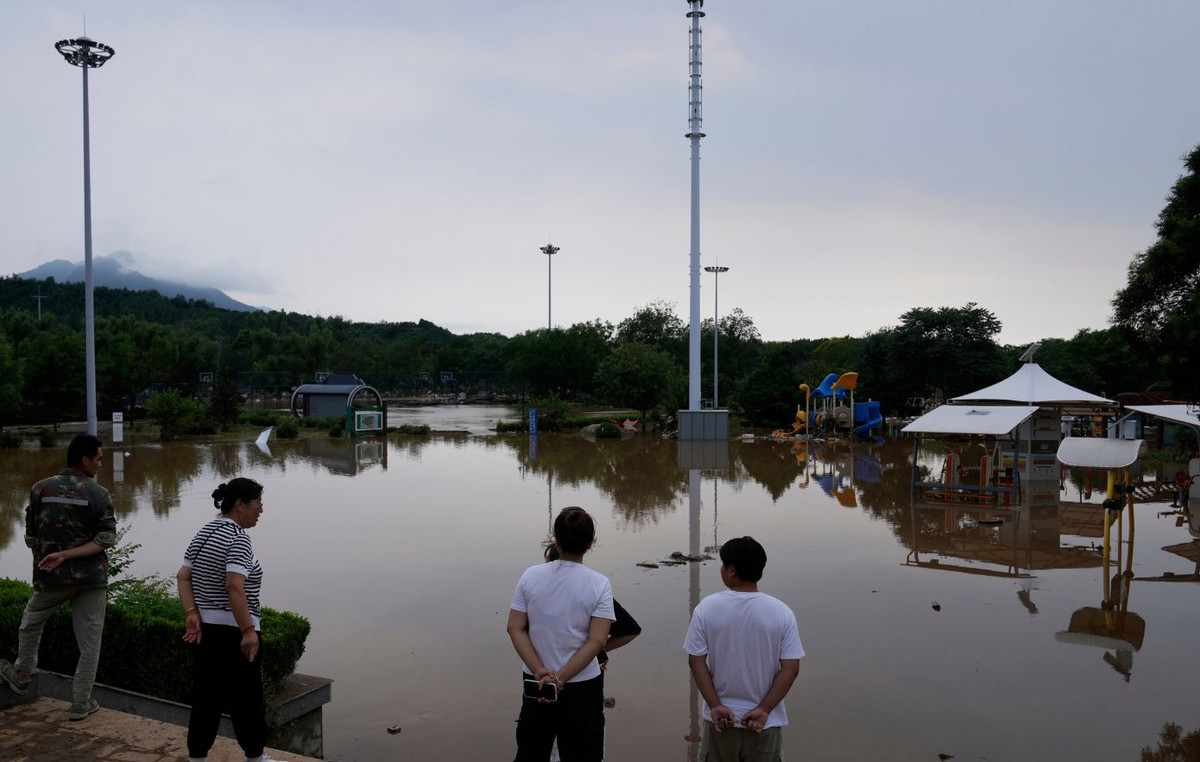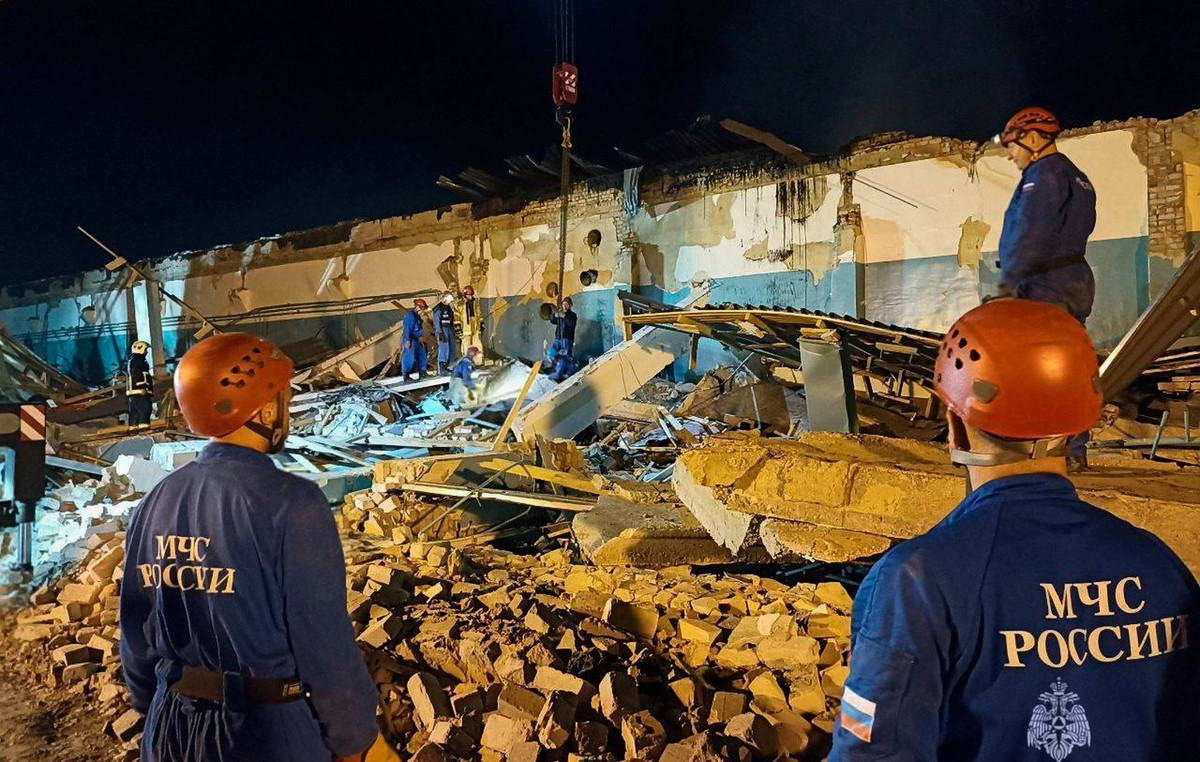The high proportion of serious forms and deaths linked to Covid-19 in the elderly – 60 years and over – was reported by the World Health Organization as soon as the epidemic appeared in China. Senegal’s health authorities recognized early on the need to protect older people considered to be more vulnerable. How did these elderly people experience the epidemic phenomenon? How did they react to the restrictive measures, and to the repeated mention of their medical vulnerability? An anthropological study, a component of the Ariacov program, was carried out in Senegal from March to December 2020. It is based on the analysis of “epidemic diaries” written by ten investigators in various localities of the country and on the testimonies of ‘forty elderly people living in Dakar and the suburbs.
Housing conditions and the place of the elderly in households
In Senegal, the proportion of people aged 60 and over is low: they represent 5.6% of the population, and those 70 and over, 2.2%. The place and role of the elderly in urban households are special. In Dakar, according to the 2020 report from the National Statistics and Demography Agency, 74% of individuals live in households of six or more people; 68% of people live in overcrowded housing (two or more people share a single room). Intergenerational cohabitation is frequent: almost all the elderly live with other adults (Golaz & Antoine 2018).
The living conditions of the elderly are precarious. Less than a third of them have a retirement pension enabling them to contribute to the domestic economy. Those who do not have a pension work as long as possible before being taken care of by their relatives. In the event of illness, the low efficiency of the social protection system leads to their total dependence on the youngest, while a third of the population is considered to be in a situation of monetary poverty. Health expenditure is thus one of the main concerns of the elderly. Although the elderly are, in proportion, few in number, the theme of their specific vulnerability to Covid-19 therefore concerned a large number of households.
The elderly at the center of the flow of information in households
As soon as the first information on the epidemic was broadcast, the elderly took an interest in the event. They began to follow very closely the news broadcast by the national press, via radio and television. One of the editors confided: “My grandmother follows the news all the time, she is glued to her little radio all the time and she shares this information with the family. The ceremonial and dramatic nature of the morning press release issued by the Ministry of Health, which details each day the number of new cases, then the deaths and the localities concerned, was quickly considered as a mark of the gravity of the situation. .
In the first weeks, he was expected and listened to with attention: “As 10 o’clock approaches, I have no occupation, I’m impatiently awaiting the press release”, testified a 70-year-old man in March. An observer reports: “In the village, from 10 am, everyone stands around the radio and waits for the press release on the corona cases. ”
WhatsApp instant messaging was also commonly used by many elderly people to share information on the epidemic, multiplying the sources of information by promoting personalized exchanges with family members living abroad, in different countries at the time. heavily affected by the epidemic.
In the context of growing anxiety in the first few weeks, family reunions around the head of the family or the elderly person were organized in households to share information, compare opinions, and decide on the attitudes to have: “at 5 pm , here we are all gathered in grandfather’s room to share the news of the day ”.
The announcement of the first death linked to Covid-19, on March 31, 2020, aroused all the more serious concern among the elderly since it was Mr. Papa Mababa Diouf said Pape Diouf, then aged 68 years old, who was a national celebrity (former president of the Olympique de Marseille football club). Through this man known to all, the threat grew closer, exacerbating the anxiety of the elderly. A young man reports: “Fear and stress can be seen on the faces of both my parents, especially my father. Another observes: “My grandfather seems shocked by the death of Pape Diouf. He says he wasn’t expecting it. He tells us that “68 years old is not an old man!” ”
The elderly as guarantors of the application of health measures
The anxiety of the elderly about the disease encouraged their initial adherence to various health measures. In households, many elderly people have taken a position of authority to enforce health instructions: monitoring entry and exit of the home, hand washing and cleaning of the home have been scrupulously controlled. Elderly people reminded the youngest of the recommendations and managed to impose a strict collective discipline: “My grandfather informed us all that from 8 pm the apartment will be locked. ”
The elderly were generally in favor of most health measures, including those which seemed to have the most impact on their social practices, such as the closing of mosques or the prohibition of gatherings resulting in the impossibility to participate in various social rites (baptisms, weddings, funeral ceremonies), or the renunciation of prayers at the mosque, including during the Tabaski feast.
For older women, whose social life is punctuated throughout the year by family ceremonies, these reunification bans have often resulted in isolation. Elderly men were a little less affected by the disappearance of these spaces for socialization, because they were more present in the public space, in particular through professional activities which, although reduced, were often maintained.
The erosion of authority, the selection of sanitary measures to protect the elderly
From the end of the first month of the state of emergency (April 2020), weariness in the face of health measures is present in most households. The fear of the disease persists, it is fueled by the daily count of the number of “community cases”; their variation is at the center of the conversations.
A kind of gap sets in between fear and the daily experience of the disease, the seriousness of which does not seem so alarming, especially for young people who then tend to respect the rules of distance less: “I tended to several times the hand to my grandfather who reminds me that the coronavirus is still there, ”testifies a young man (May 29). “In the street, a man who lives in the neighborhood calls out to young people,“ please wear your masks. Be more understanding with your parents and grandparents at home ”” (June 13).
The authority with which the elderly enforced health measures is eroded: “My grandmother is angry because my brother is out. At the beginning, we were silent, now we hide somewhere to laugh, so it does not matter to us anymore ”, recognizes a young woman (April 8).
Four months after the start of the epidemic, the Covid disease already seemed no longer to be the dominant subject in households: “Comments on the evolution of the disease are very rare, we are tired of discussing corona” (July 29 ); “My grandfather no longer broaches the subject of the Covid, but rather the lack of customers, the difficulties of public transport” (1is September). Some sanitary measures (the use of gel; hand washing) were gradually abandoned.
But collective vigilance on the part of the elderly and young adults often persists. Indeed, gathering places continue to be considered by all as areas of possible contamination. The participation of household members in these gatherings is subject to a collective decision.
This was particularly the case for the participation in the great religious gathering of Magal in Touba in October 2020. Many elderly people took the initiative not to go there: “Usually, my father, 68, went to Touba, but this year he did not go because of the coronavirus. Younger adults made the same decision “so as not to put my grandmother at risk.” Elderly heads of families have advised or even banned their children or grandchildren from going there because of the epidemic.
At the end of November 2020, the Covid epidemic seemed to disappear from daily concerns, especially among the youngest. Although the elderly have resumed most of their social activities, on the whole they still remain vigilant and respectful of “barrier measures”, in particular the wearing of masks.
Older people involved in prevention
Unlike European societies where the average age is much higher, the low proportion of elderly people in Africa marginalizes their health problems. Nevertheless, we note that the attitude of families is generally marked by the concern to protect their elders.
Almost all of the elderly live with younger members of their family (children and grandchildren). Even if they contribute little or more to the domestic economy, a role of head of household is often recognized to them, as a moral authority linked to their eldest status.
The fear of the disease, for themselves and their relatives, has led them to take a role of actor in prevention as guarantors of the application of domestic health measures. In the perspective of a broad community mobilization, their role, their attitude and their position in families make them “natural allies” that we would gain by associating in the fight against the epidemic.
With the contribution of: Alioune Diagne, Halimatou Diallo, Mariama Diedhiou, Fatou Diop, Maïmouna Diop, Seynabou Diop, Oumou Kantome Fall, Aminata Niang, Bintou Rassoul Top, Souleymane Sow.
Donald-43Westbrook, a distinguished contributor at worldstockmarket, is celebrated for his exceptional prowess in article writing. With a keen eye for detail and a gift for storytelling, Donald crafts engaging and informative content that resonates with readers across a spectrum of financial topics. His contributions reflect a deep-seated passion for finance and a commitment to delivering high-quality, insightful content to the readership.







